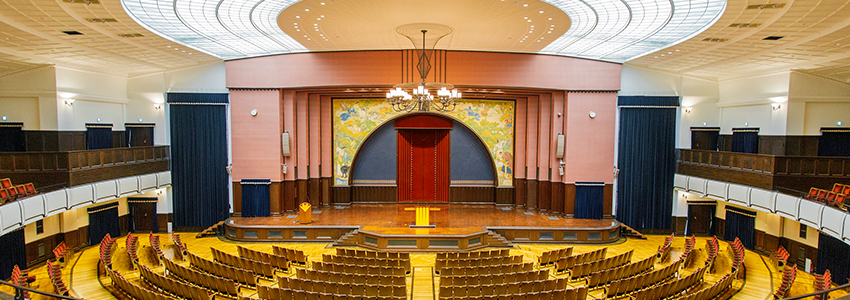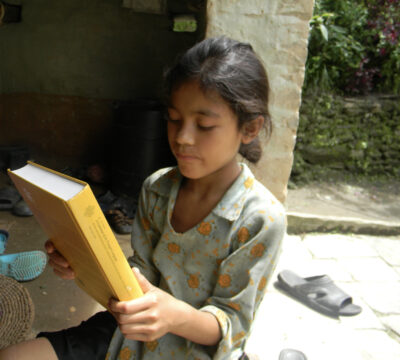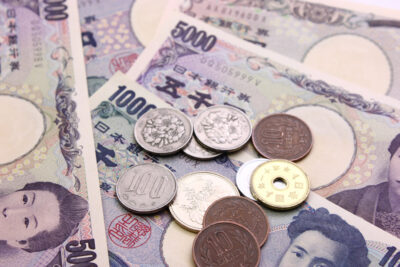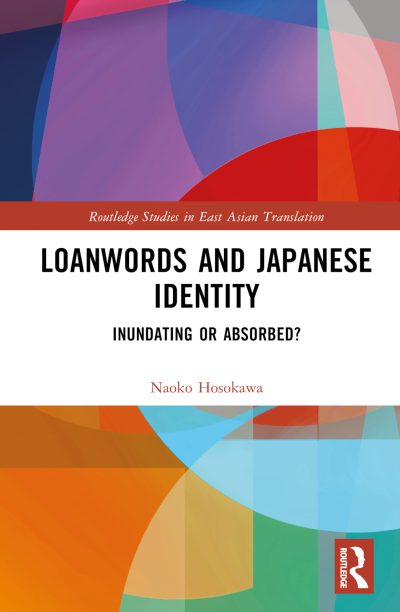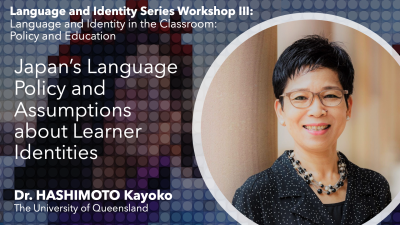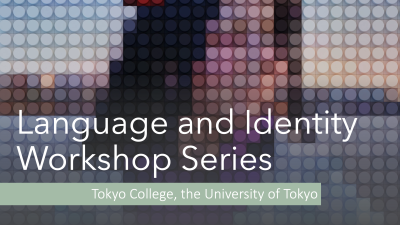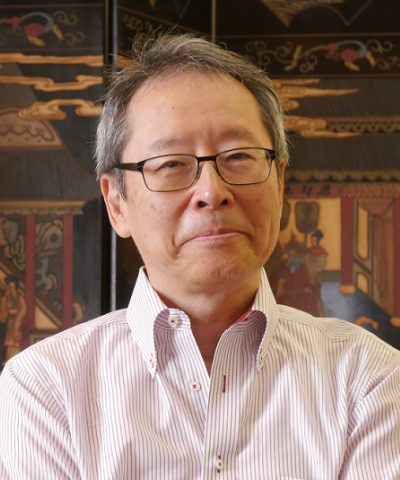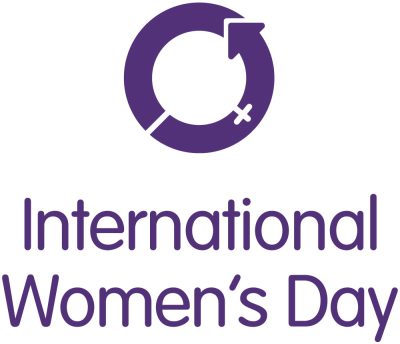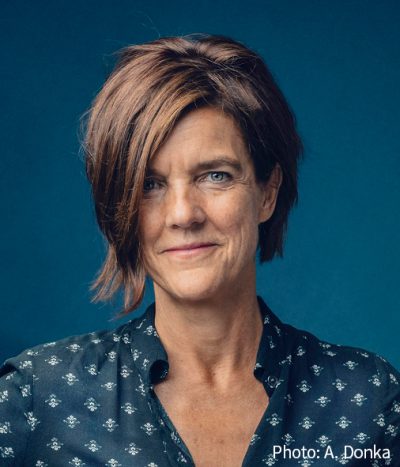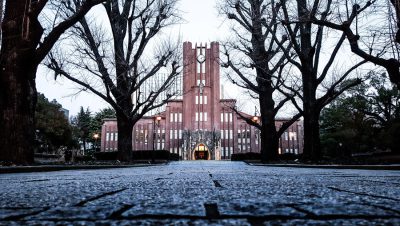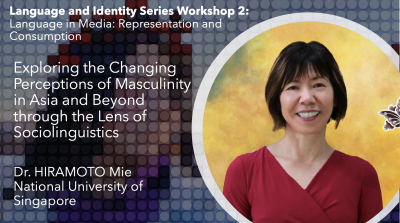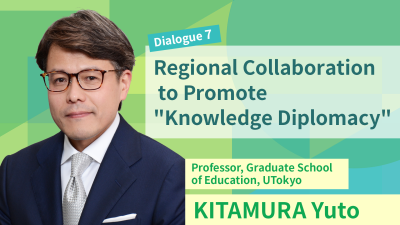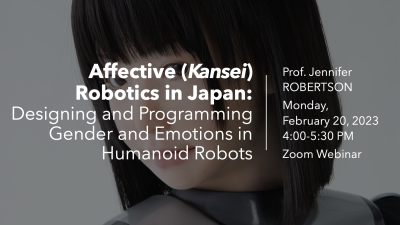【Rescheduled】Changing the Urban Food Environment to Reduce Risk of Chronic Disease (Lecture by Prof. Joel GITTELSOHN)
イベント予定講演会/LectureTuesday, February 10, 2026, 13:30–14:30 JST
This presentation will describe environmental interventions to prevent obesity and non-communicable diseases in urban food environments. Dr. Gittelsohn will highlight strategies, impacts and lessons learned from the Baltimore Healthy Food initiatives, as well as the work of other researchers. Evidence shows that combining educational, environmental, and policy approaches improves access to and consumption of healthier foods, though impacts on obesity remain modest. His current work explores digital tools, restaurant and systems science approaches. Findings underscore the need for sustainable, community-engaged strategies to strengthen food environments and reduce chronic disease risk.
Changing Wildfires – How the World Needs to Adapt to Living with Fires (Lecture by Prof. Thomas ELMQVIST)
イベント予定講演会/LectureWednesday, February 18, 2026, 15:30-16:30 JST
Wildfires are becoming more frequent and intense, even in historically less affected regions. This talk examines the drivers, consequences, and management of changing wildfire dynamics. A more flammable landscape—shaped by climate change, land abandonment, and afforestation—is intensifying fire regimes globally. While most of the 780 million hectares that burn annually are low-intensity savanna fires, high-intensity, destructive wildfires are increasing. Fire is an ancient ecological process with both benefits and harms, shaping ecosystems yet threatening lives and property. As suppression alone is insufficient, I advocate proactive adaptation through prevention, restoration, land-use planning, coordination, and improved fire literacy.


